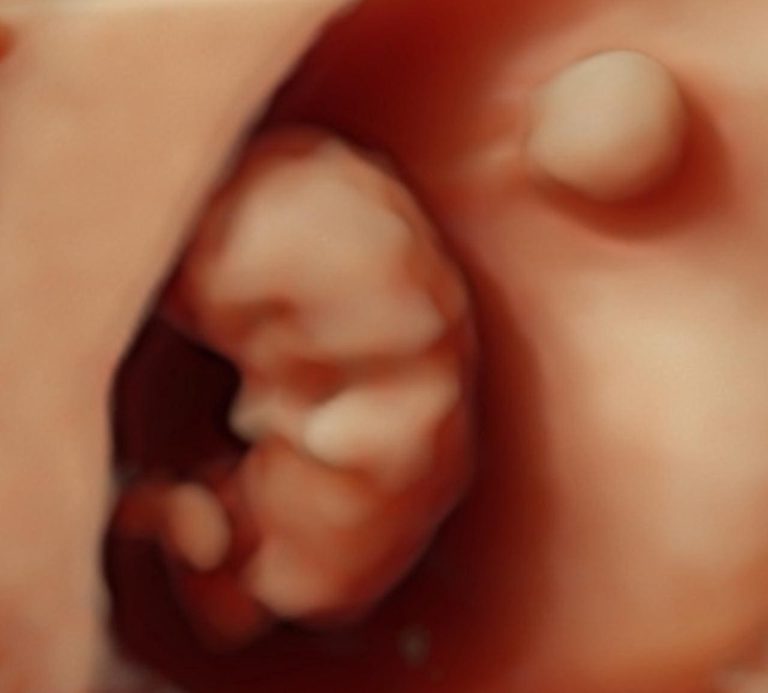
Ultrasound is one of the most important tools in monitoring pregnancy, as it provides detailed information on fetal development and maternal well-being. During pregnancy, several ultrasounds are recommended at different stages, each with a specific diagnostic and evaluation purpose. Here are the most important ones:
🔹 Ultrasound at week 12–14 + combined test:
This is one of the most important examinations in the first trimester. In addition to verifying the number of fetuses, heartbeats and the exact date of pregnancy, the combined test is also performed to assess the risk of Down syndrome and other chromosomal abnormalities. An analysis of the risk of eclampsia and premature birth is also performed.
🔹 Morphological ultrasound (week 18–22):
It is also called the “big scan” and is among the most important ultrasounds during pregnancy. It evaluates the structure of each organ of the fetus, such as the brain, heart, lungs, kidneys, spine and limbs. At this stage, the doctor can identify structural and developmental abnormalities. It is often combined with Doppler ultrasound and fluximetry to analyze the blood flow and oxygen supply of the fetus.
🔹 Fetal growth and condition ultrasound (week 28+):
This ultrasound monitors the further development of the fetus, its movements, position, the amount of amniotic fluid and the placenta. If necessary, more advanced techniques such as 3D/4D or HD ultrasound are used to assess the appearance and condition of the child in more detail.
🔹 Artificial intelligence (AI) ultrasound:
In specialized clinics, including the Amelia Clinic, advanced technologies are used to analyze in depth the development of the fetal brain and heart during morphological ultrasound. This increases the accuracy of the assessment and helps in the earlier detection of possible disorders.
🔹 Transvaginal ultrasound in early pregnancy and cervicometry: In the first weeks, transvaginal ultrasound is used to confirm pregnancy and its location. While cervicometry, which measures the length of the cervix, is used to predict the risk of premature birth, especially in women with a history of such.
